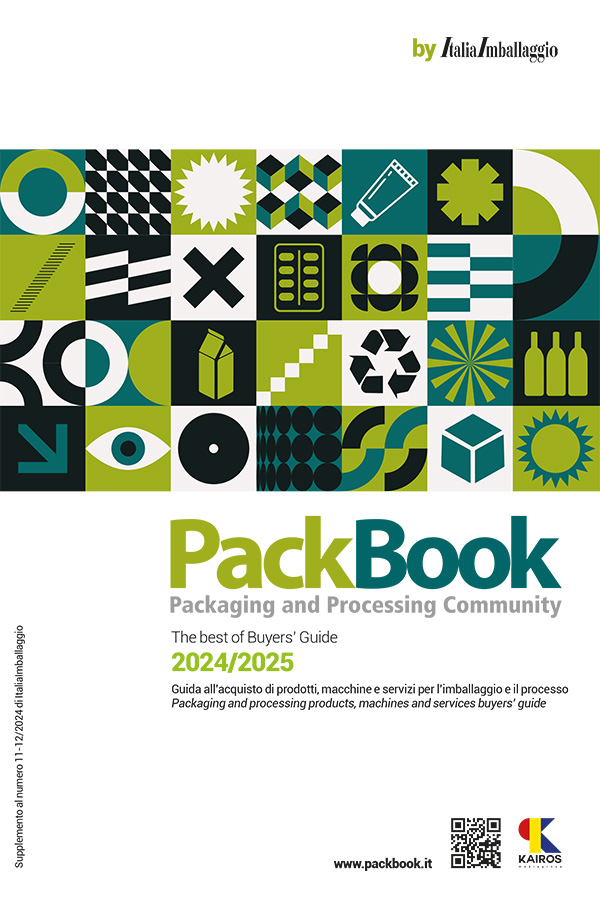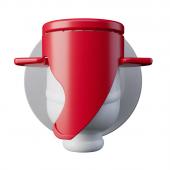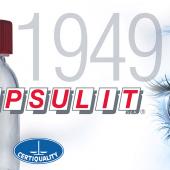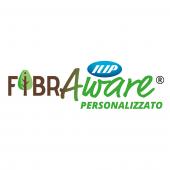Stand out aseptic packaging
Sidel’s aseptic expertise in liquid dairy product packaging allows manufacturers innovate in a competitive market.
By Naima Boutroy, Packaging Expert Global, Sidel
As awareness of gut health and demand for healthier alternatives has increased around the world, the market for liquid dairy products has flourished and this trend looks set to continue. The global probiotics market alone is predicted to be worth US $125.55 billion by 2032 and the global extended shelf-life dairy market is projected to reach US $2.9 billion by 2031, a compound annual growth rate (CAGR) of 10 percent.
Due to their sensitive nature, liquid dairy products require a high level of care to preserve their safety and extend their shelf life. Coupled with the requirements of the EU Packaging Waste Regulation and Single-Use Plastic Directive, which has already had a huge impact on the sustainability practices of the plastic bottle manufacturing industry, PET packaging material is the only food grade bottle-to-bottle recycled plastic suitable for liquid dairy products.
Sidel, a leading provider of equipment and services solutions for packaging beverage, food, home and personal care products, has over five decades experience developing the PET aseptic bottles required to deliver a safe, hygienic, and cost-effective way of packaging sensitive products to ensure high-end taste and long shelf life.
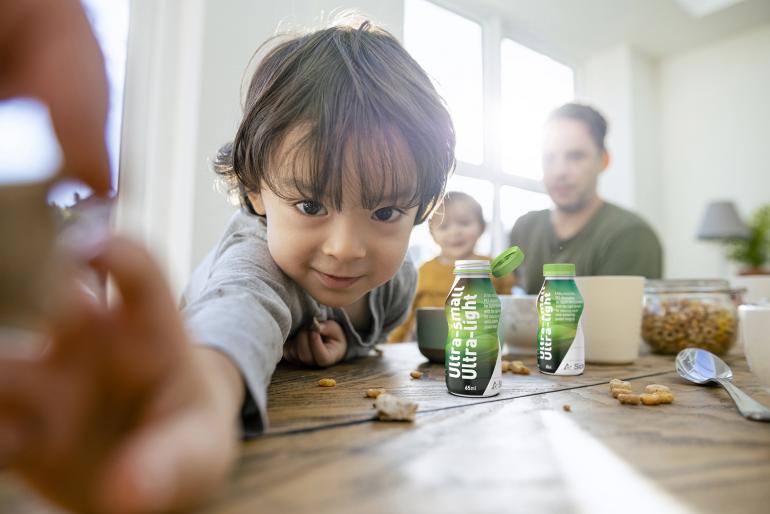
New formats offer competitive edge
While safety, hygiene and cost-efficiency remain paramount, manufacturers are increasingly looking for new and innovative ways to maintain a competitive edge within the dairy market and Sidel’s ultra-small, ultra-light PET bottle has been designed with drinking and probiotic yoghurts in mind.
This new mini-size bottle from Sidel offers best-in-class weight – just 3.9g for a 100ml extended shelf-life bottle and 5.4g for a 100ml aseptic bottle – is ideal for products with capacities between 65ml to 150ml and is suitable for ambient and cold chain processes and high production speeds of up to over 60,000 bottles per hour. The new format offers producers a range of creative options and, by switching to PET, manufacturers can achieve up to a 40 percent cost reduction when moving from polystyrene to PET and a 20 percent reduction from HDPE (high density polyethylene) to PET.
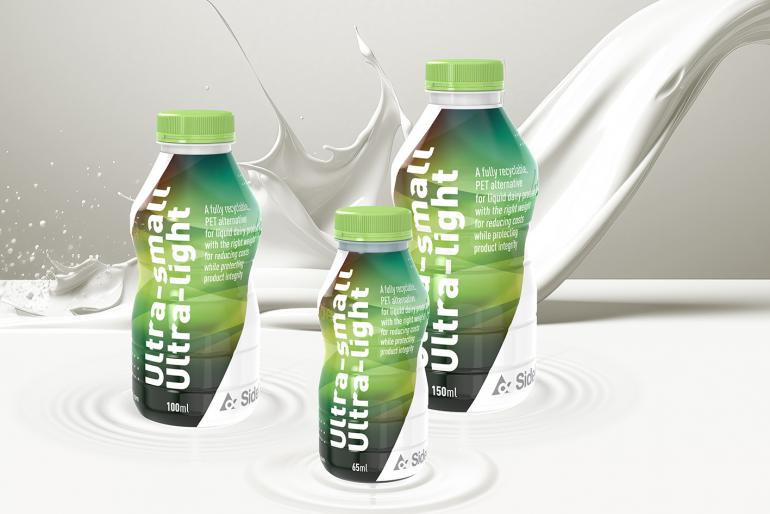
Innovating with pioneering aseptic PET
In China alone, the yoghurt drinks sector is expected to reach a value of CNY 94.7 billion (about US $13 billion) by 2025. Yili Group, Asia’s largest dairy company, received support and expertise from Sidel to install a versatile Aseptic Lab filler to research and develop pioneering aseptic PET packaging that could broaden their product portfolios.Based at Yili’s specially constructed Shanghai Innovation Centre, The Lab enables the regional market leader to launch new products and adapt existing bottles, further enhancing its reputation for innovation.
Sources
Probiotics Industry, Emergen Research, 2024
Business research Highlights, 2024
Calculation for costs reduction: *200M bottles produced/year | resin costs sept 2023, PET: 1,177€/ton, HDPE costs: 1,503€/ton, PS costs: 2,124€/ton
Gitnux Market Data report 2024
